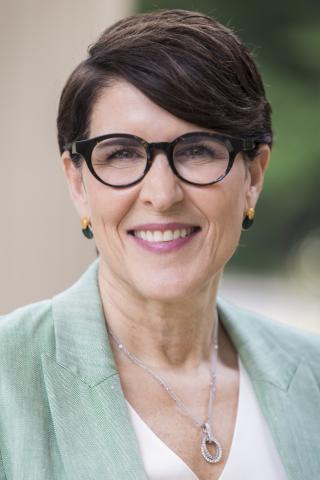Expert Testimony: "The Child Was Sexually Abused"
Published for NC Criminal Law on October 18, 2012.
Child sexual abuse cases raise a bevy of evidence issues. One recurring issue is this: Is it permissible for the State’s expert to testify that sexual abuse in fact occurred? The answer is yes, in certain circumstances. Here are the rules:
1. In a case involving a child victim, an expert may testify that sexual abuse in fact occurred if a proper foundation is laid.
2. To lay a foundation, the State must establish physical evidence consistent with abuse.
3. If there are no physical findings supporting a diagnosis of sexual abuse, the testimony is an impermissible opinion regarding the child’s credibility.
State v. Stancil, 355 N.C. 266 (2002). This very issue came up in a recent case, State v. Black. In Black, the defendant was charged with sexual assaults on the child victim, Deborah. After the alleged incidents, the child began seeing Nadia Antoszyk, a licensed clinical social worker. At trial, Antoszyk testified as an expert for the State. When asked about Deborah's treatment, Antoszyk replied in part: “For a child, that means . . . being able to, um, come to terms with all the issues that are consistent with someone that has been sexually abused." Antoszyk also testified on multiple occasions to the conclusion that the sexual abuse experienced by Deborah started at a young age, perhaps age seven, and continued until she was removed from the home. When asked why Deborah lashed out at a family member, Antoszyk explained that the behavior was "part of a history of a child that goes through sexual abuse." With respect to her concerns about the adequacy of that same family member’s caregiving, Antoszyk testified: "She had every opportunity to get the education and the information to become an informed parent about a child that is sexually abused." Finally, when asked if it was reasonable for that family member to have some doubt as to Deborah's story given that Deborah had recanted on multiple occasions, Antoszyk responded: "With me, there was no uncertainty." In its case in chief, the State presented no physical evidence indicating that Deborah was abused. The defendant was convicted. He appealed, arguing, among other things, that Antoszyk’s testimony improperly vouched for Deborah’s credibility. The court of appeals agreed that Antoszyk’s testimony was improper. Referencing the rules noted above, the court concluded: “Each time, Ms. Antoszyk effectively asserted that Deborah was a sexually abused child even though the State had presented no physical evidence of abuse. The testimony was, therefore, improperly admitted.” The court went on to conclude that the error did not rise to the level of plain error. In Black the problem was that there was no physical evidence to support the expert’s testimony. State v. Streater, 197 N.C. App. 632 (2009), provides a good example of the type of physical evidence that’s needed to lay an adequate foundation for this type of testimony. In Streater, the court held that a pediatrician properly was allowed to testify that his findings were consistent with the victim’s history of vaginal penetration because an adequate foundation was laid. Specifically, the expert testified that he examined the child and found that her vaginal opening was “abnormal in several ways,” including its size and the presence of notches and a scar. The court went on to hold that the same expert improperly testified that his findings were consistent with the child’s history of anal penetration. In this respect, his examination of the victim’s anal opening showed no abnormal findings. As in Black, no physical evidence supported the statement that anal penetration occurred. The black letter rules that apply to these cases can be easily stated. However, their application is often a bit trickier than Black and Streater suggest. As the Streater court noted: “There is a fine line between permissible and impermissible expert testimony . . . .” Streater, 197 N.C. App. at 640. Further complicating the issue is the fact that different rules apply to profile and related evidence. If there is interest, I’ll take those issues up in another post.Public Officials - Courts and Judicial Administration Roles
Topics - Courts and Judicial Administration



